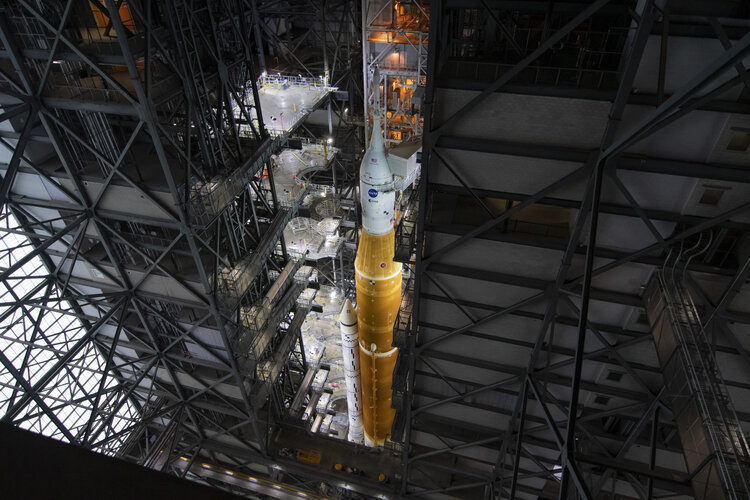Telesat mulls downsizing delayed LEO plan as costs mount
Friday, 18 March 2022 21:31
Telesat is considering ordering fewer satellites for its planned low Earth orbit broadband constellation as inflation and supply chain woes drive up the price tag and push out its completion to 2026.
The post Telesat mulls downsizing delayed LEO plan as costs mount appeared first on SpaceNews.
3 Russian cosmonauts arrive at International Space Station
Friday, 18 March 2022 20:26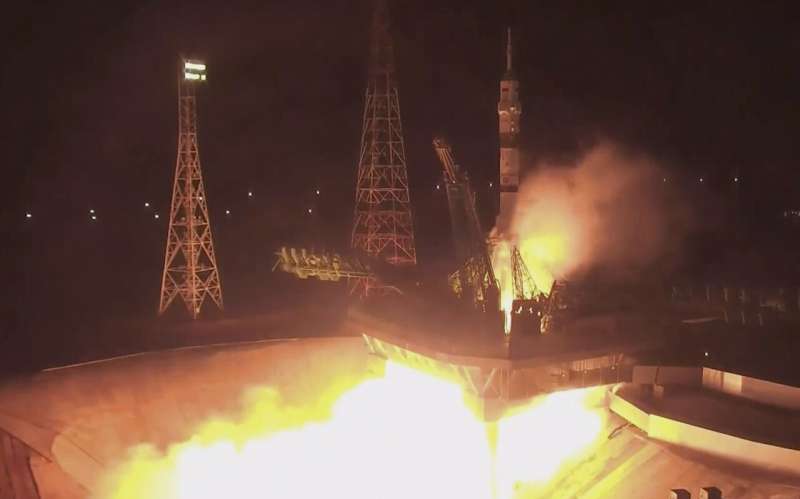
A trio of Russian cosmonauts arrived at the International Space Station on Friday, the first new faces in space since the start of the Russian war in Ukraine.
3 cosmonauts arrive at space station in yellow and blue
Friday, 18 March 2022 20:26
A trio of Russian cosmonauts arrived at the International Space Station on Friday, the first new faces in space since the start of the Russian war in Ukraine.
Another startup joins race to provide high-speed lunar communications
Friday, 18 March 2022 18:44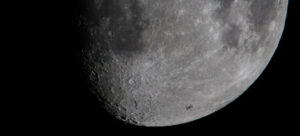
Aquarian Space said March 17 it has raised seed funding to deploy a high-speed communications network for the moon to meet anticipated demand from government and commercial lunar missions.
The post Another startup joins race to provide high-speed lunar communications appeared first on SpaceNews.
Russian trio blast off for ISS in shadow of Ukraine war
Friday, 18 March 2022 16:38
Three Russian cosmonauts blasted off to the International Space Station Friday, as Moscow's military intervention in Ukraine brought the Kremlin's relations with the West to their lowest point since the Soviet era.
Russian space veteran Oleg Artemyev and rookies Denis Matveyev and Sergei Korsakov set off at 1555 GMT, a NASA live feed showed, beginning a three-hour ride to the orbital lab where they will be greeted by a crew of two Russians, four Americans and one German.
Russian space agency Roscosmos confirmed in a statement that the trio had successfully entered orbit beginning a half-year mission aboard the lab.
In the years since Russia's 2014 annexation of the Ukrainian peninsula of Crimea triggered a first wave of Western sanctions, space has proved an outlier of cooperation between Moscow and its American and European counterparts.
But tensions even in this field grew after Russian President Vladimir Putin appointed nationalist ally Dmitri Rogozin—an enthusiastic supporter of the current invasion—as head of Roscosomos in 2018.
"Ours! For the first time in many years—a completely Russian crew," Rogozin wrote on Friday prior to the launch on Twitter—a messaging service that has been blocked in Russia since March 4 as part of a crackdown on social media and the independent press.
Artemis I rocket rolls to launch pad at Kennedy Space Center
Friday, 18 March 2022 16:30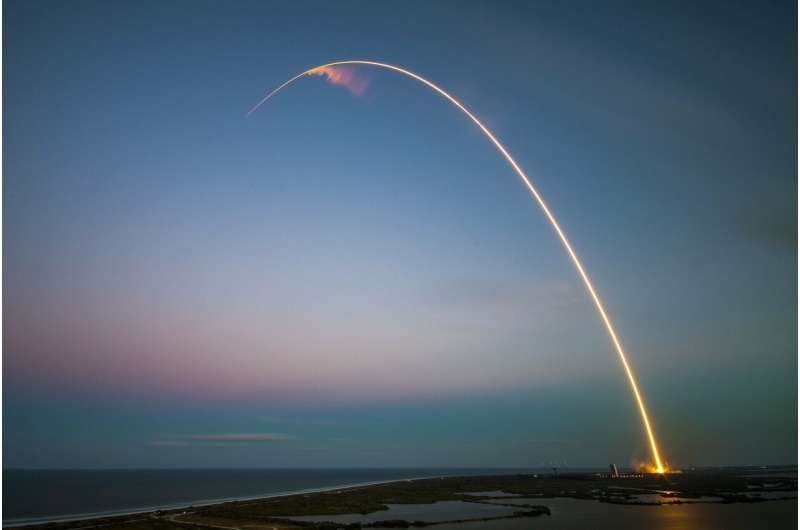
The first trip to the moon for NASA's new rocket has one more major hurdle, but it's taking the jump nice and slow as Artemis I began its 4.4-mile journey with a top speed of 0.8 mph to the launch pad Thursday.
The 5.75-million-pound, 322-foot-tall combination of the Space Launch System, Orion capsule and mobile launcher were placed on NASA's crawler-transporter 2 for the 11-hour trip that began just before 6 p.m. to Launch Pad 39-B, where mission managers plan on doing a wet dress rehearsal within the next month.
Thousands crowded the parking lots and open fields surrounding the Vehicle Assembly Building cheering as NASA Administrator Bill Nelson spoke with the towering hardware in the background.
"There's no doubt that we are in a golden era of human space exploration, discovery and ingenuity in space, and it all begins with Artemis I," he said, thanking the NASA employees and family members gathered for the event. "Our workforce has been a relentless spirit. We imagine. We build. We never stop pushing the envelope of what is possible."
Also speaking was Kennedy Space Center director Janet Petro, who pointed out Artemis was following in the trail of 60 years of space exploration.
Cupola Moon
Friday, 18 March 2022 15:13 Image:
Image:
New picture, but a familiar face.
ESA astronaut Matthias Maurer took this image of Earth’s natural satellite, the subject of exciting news this week, from the seven-windowed cupola of the International Space Station.
Down on Earth, the rocket that will launch NASA’s Orion spacecraft with the European Service Module to the Moon has been moved to the launchpad in Florida, USA, for its first full test before the Artemis I launch later this year.
The Space Launch Systems rocket (SLS), aka the Moon rocket, left the Vehicle Assembly Building at NASA’s Kennedy Space Center at around 23:00 CET (22:00 GMT) on 17
Artemis: Crawling toward launch
Friday, 18 March 2022 14:20Use this form if you have come across a typo, inaccuracy or would like to send an edit request for the content on this page. For general inquiries, please use our contact form. For general feedback, use the public comments section below (please adhere to guidelines).
Please select the most appropriate category to facilitate processing of your request
A solar power station in space? How it would work, and the benefits it could bring
Friday, 18 March 2022 14:00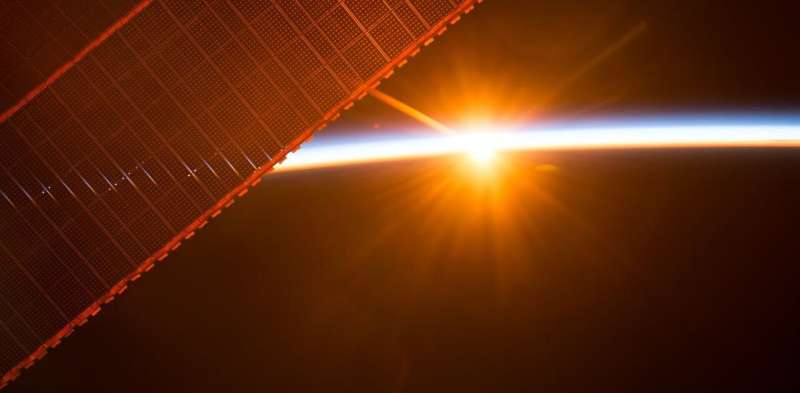
The UK government is reportedly considering a £16 billion proposal to build a solar power station in space.
Yes, you read that right. Space-based solar power is one of the technologies to feature in the government's Net Zero Innovation Portfolio. It has been identified as a potential solution, alongside others, to enable the UK to achieve net zero by 2050.
But how would a solar power station in space work? What are the advantages and drawbacks to this technology?
Space-based solar power involves collecting solar energy in space and transferring it to Earth. While the idea itself is not new, recent technological advances have made this prospect more achievable.
The space-based solar power system involves a solar power satellite—an enormous spacecraft equipped with solar panels. These panels generate electricity, which is then wirelessly transmitted to Earth through high-frequency radio waves. A ground antenna, called a rectenna, is used to convert the radio waves into electricity, which is then delivered to the power grid.
Week in images: 14 - 18 March 2022
Friday, 18 March 2022 13:10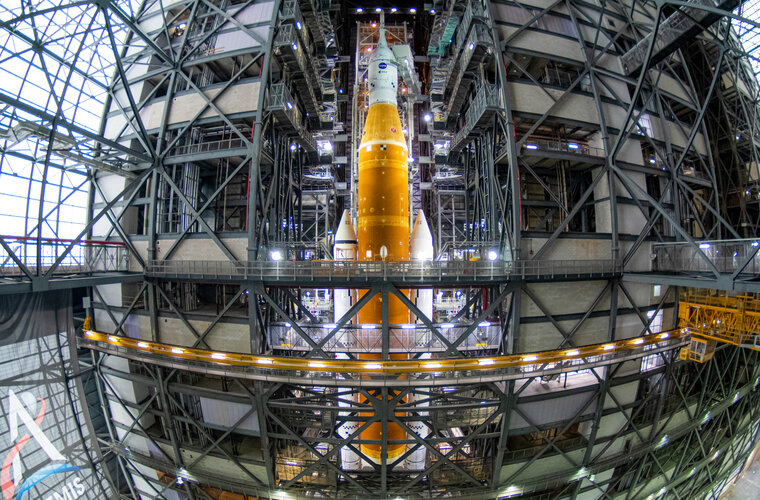
Week in images: 14 - 18 March 2022
Discover our week through the lens
Poland, Virgin Orbit partner on Eastern Europe satellite launch initiative
Friday, 18 March 2022 12:11
In a bid to secure a domestic launch capability, the Polish Space Agency (POLSA) signed a letter of intent with Virgin Orbit to use the U.S. company’s air-launched LauncherOne system as soon as next year.
NASA rolls out its mega Moon rocket
Friday, 18 March 2022 10:09 NASA's massive new rocket began its first journey to a launchpad on Thursday ahead of a battery of tests that will clear it to blast off to the Moon this summer.
It left the Kennedy Space Center's Vehicle Assembly Building around 5:47 pm Eastern Time (2147 GMT) and began an 11-hour journey on a crawler-transporter to the hallowed Launch Complex 39B, four miles (6.5 kilometers) away.
Aro
NASA's massive new rocket began its first journey to a launchpad on Thursday ahead of a battery of tests that will clear it to blast off to the Moon this summer.
It left the Kennedy Space Center's Vehicle Assembly Building around 5:47 pm Eastern Time (2147 GMT) and began an 11-hour journey on a crawler-transporter to the hallowed Launch Complex 39B, four miles (6.5 kilometers) away.
Aro First spacewalk for Matthias Maurer
Friday, 18 March 2022 09:00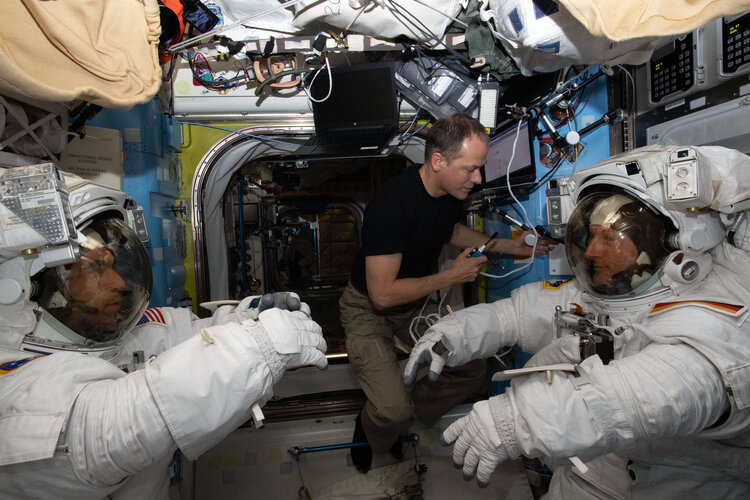
ESA astronaut Matthias Maurer is scheduled to perform his first spacewalk next week, stepping outside the International Space Station on Wednesday 23 March alongside NASA’s Raja Chari.
Artemis: crawling towards launch
Friday, 18 March 2022 09:00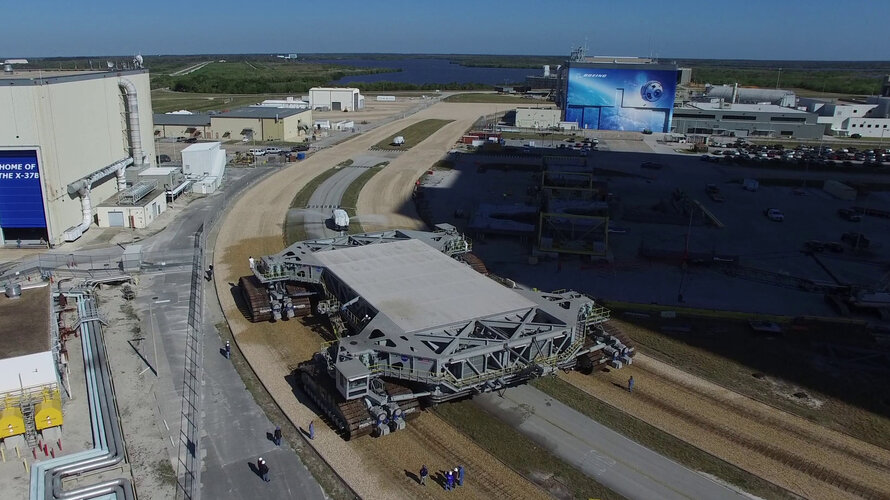 Video:
00:08:04
Video:
00:08:04
One of the many milestones in the leadup to the launch of Artemis is its rollout: this is when a crawler will carry the SLS rocket with Orion and ESM from the Vehicle Assembly Building to launchpad 39B. NASA’s John Giles gives us a tour of the crawler and explains the adaptations made to this “wonderful piece of machinery” since it was first built for the Apollo programme in the 1960s. ESA is playing a key role in NASA’s Artemis programme, which will bring astronauts back to the Moon. The European Service Module – or ESM –


